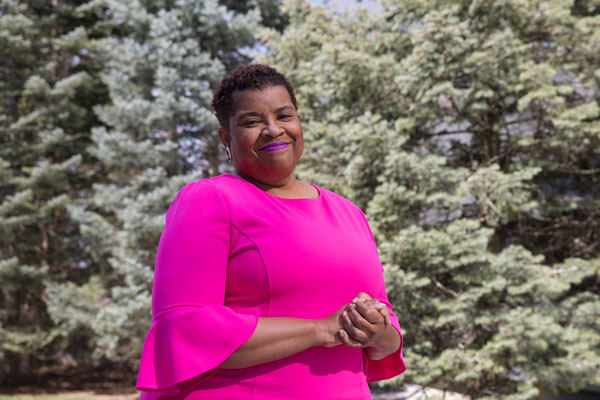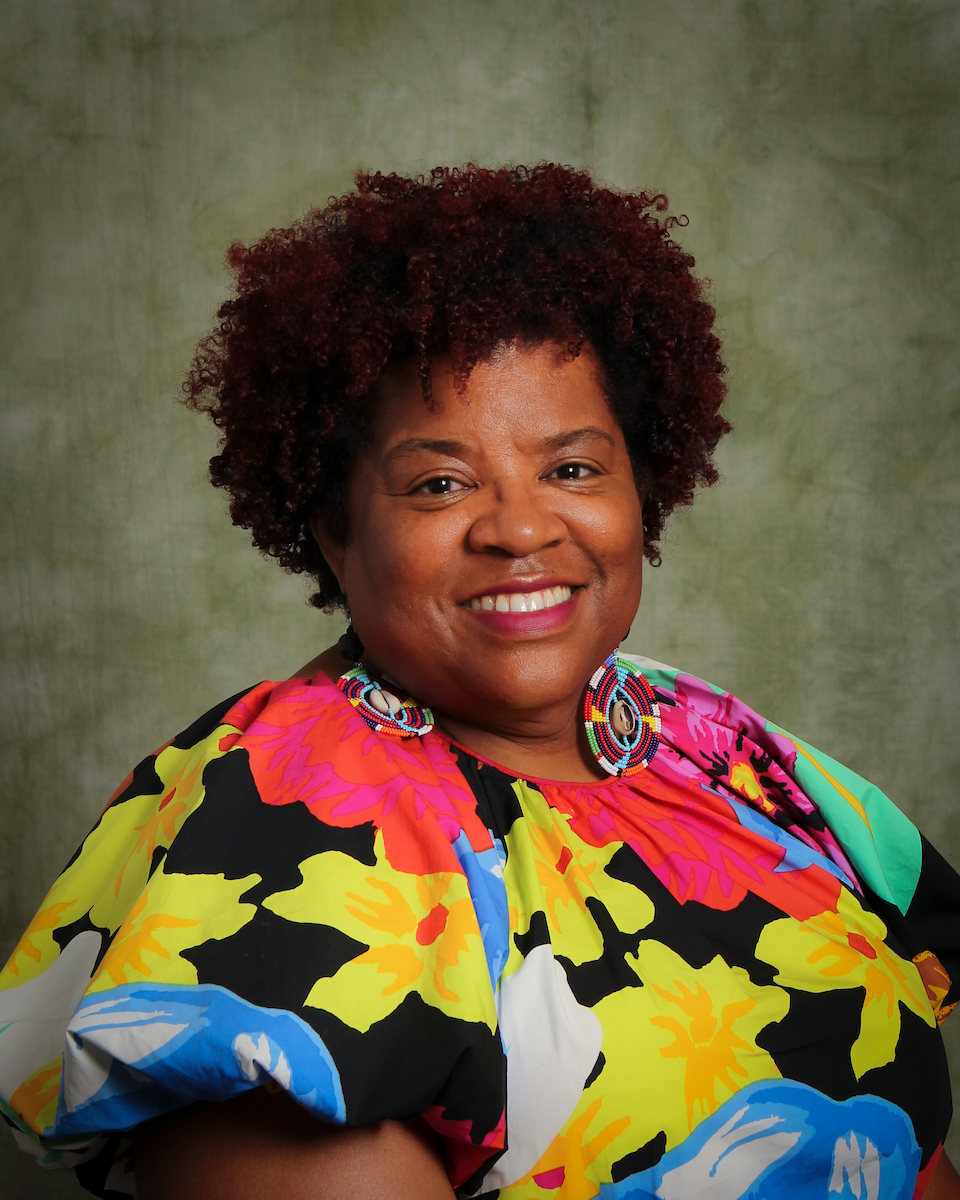Sharon Bryant | Source | Associate Professor or Public Health at Binghamton University, State Universi...

Sharon Bryant
After earning her doctorate in medical sociology, Sharon Bryant spent two years as a postdoctoral fellow at the Center for Gerontology and Health Care Research at Brown University. She conducted research applying the Transtheoretical model to screening mammography. When she finished her postdoc, she worked for two years as a health policy analyst in the Office of Minority Health at the Rhode Island Department of Health.
Bryant was an assistant professor in the Africana Studies Department of Binghamton's Harpur College of Arts and Sciences before transferring to the University's Decker School of Nursing.
She is the project director/co-director of three grant-funded educational programs.
The Collegiate Science and Technology Entry Program is funded by the New York State Department of Education to increase the number of college students to major in disciplines related to the licensed and STEM professions.
The Science and Technology Entry Program is funded by the New York State Department of Education to increase the number of Johnson City School District middle and high school students who attend college and major in disciplines related to licensed and STEM professions.
The Upward Bound Math Science Program is a TRIO program funded by the United States Department of Education to encourage Binghamton High School students to attend college and major in STEM disciplines.
In March 2019, Bryant was appointed director of diversity, equity and inclusion for the Decker School of Nursing. She serves on national, community and University communities that address diversity, equity and inclusion.
-

Binghamton University, State University of New York
Associate Professor or Public Health
-
Black History Month Spotlight: Sharon Bryant
Sharon Bryant is the associate director of the Harriet Tubman Center for the Study of Freedom and Equity and she is alsothe associate dean for diversity, equity, and inclusion at the Decker College of Nursing and Health Sciences.
Article -
Bryant named diversity director at Decker School of Nursing - Binghamton News
In March, Sharon Bryant was named director of diversity, equity and inclusion at Decker College of Nursing and Health Sciences, where the medical sociologist is also an associate professor.
Article
-
In my role as director of diversity, equity and inclusion, I will work with Decker faculty, staff and students to support the University’s third Strategic Priority, creating an inclusive campus. We want to create our own definition of belonging and seek to develop approaches to increase a sense of belonging. We plan to identify gaps in knowledge related to diversity, equity and inclusion and provide training in those areas.
I hope Decker’s faculty and staff can work together and come to a place where we see some of ourselves in people who don’t have our own experiences, who don’t look like us, because then we are bridging our racial, cultural or class differences. That’s when we become more tolerant.


